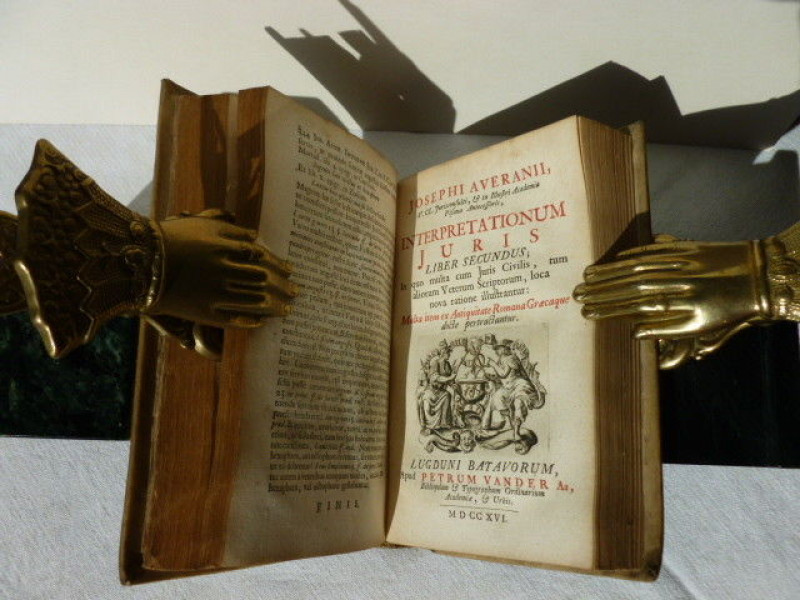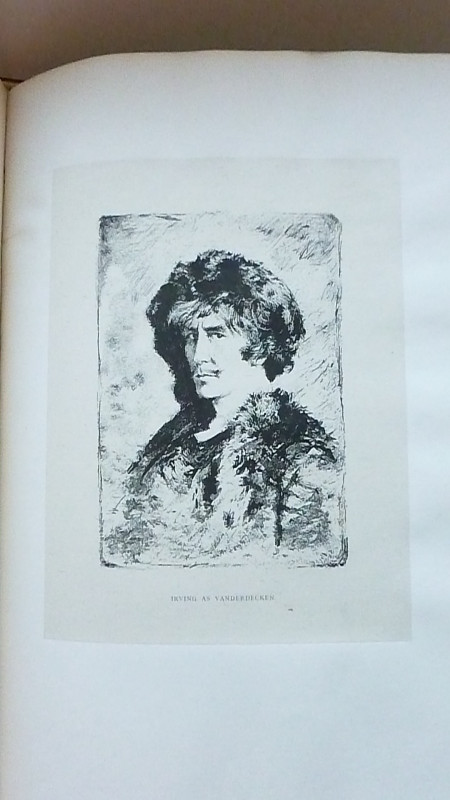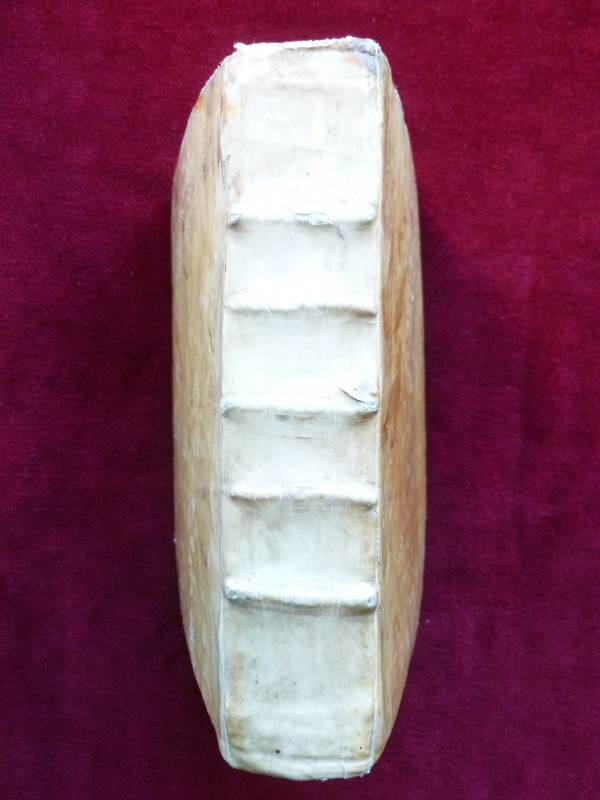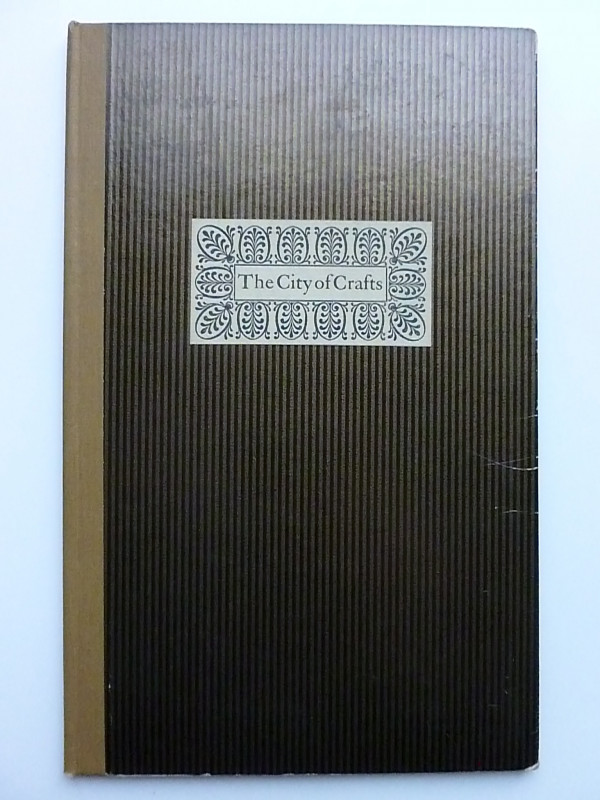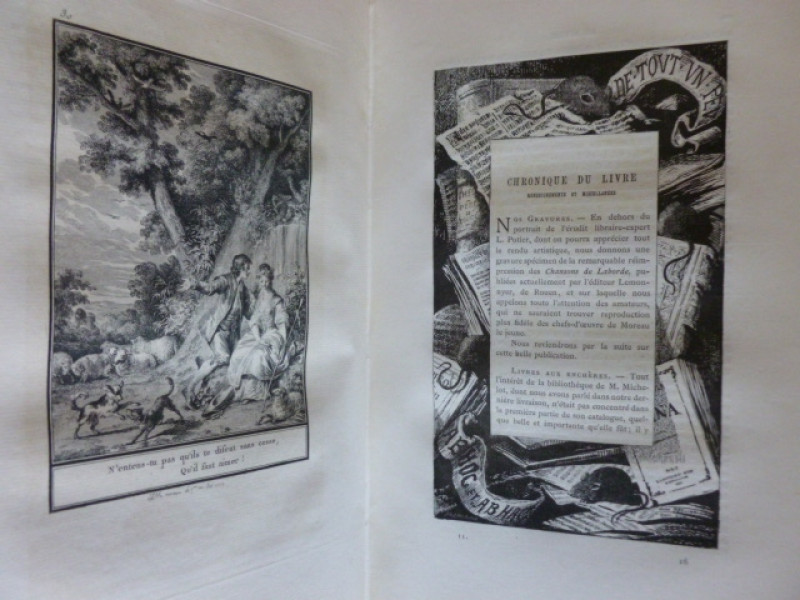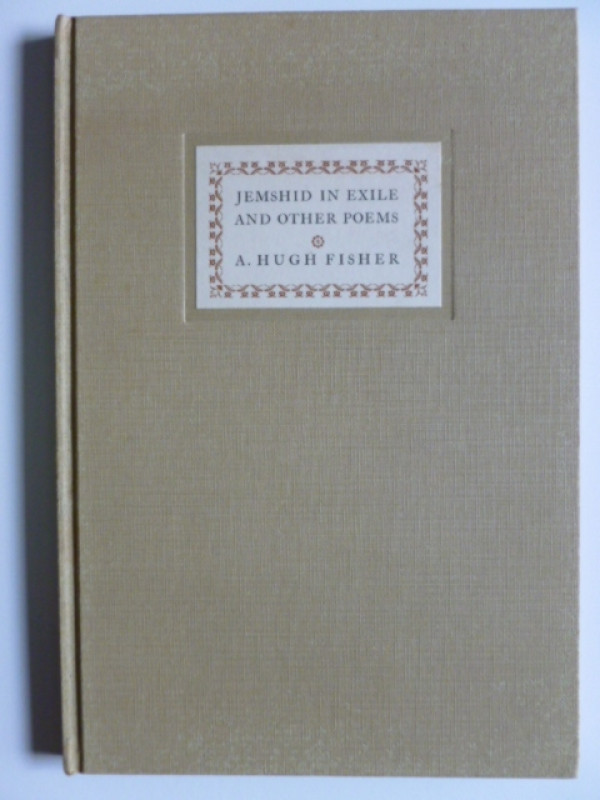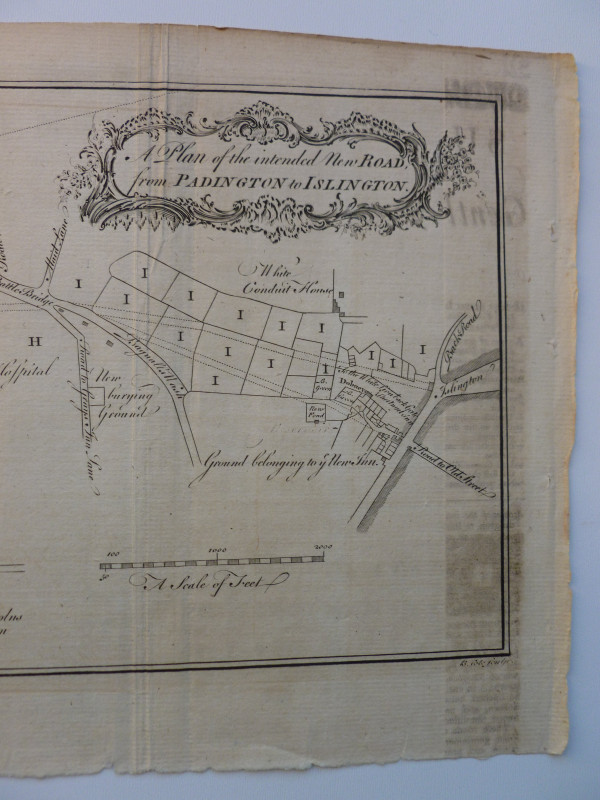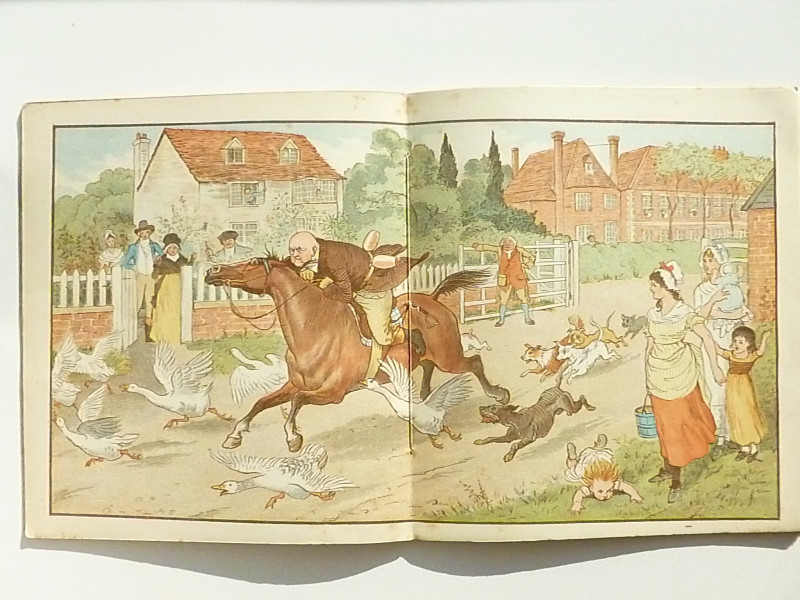Dissertatio super Aristea de LXX interpretibus: cui ipsius praetensi Aristeae textus subjungitur. Additur Historia baptismorum cum Judaicorum, tum potissimum priorum Christianorum, tum denique & ritu
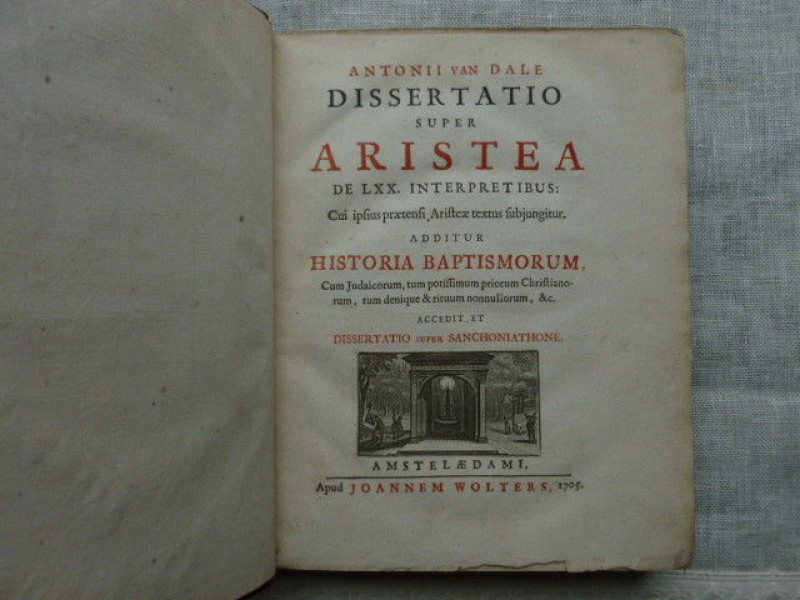

Book Description
pp. [xx], 229, [ii, half-title], 231-506, gathering Ff is inverted (half-title + pp. 231-225) without loss. Decorative initials and woodcut ornaments, crisp copy with full margins, title-page printed in black and red with copper engraved printer's mark 'Aliis inserviendo consumor'. Greek and Latin facing texts of Aristea's letter to Philocrates, Greek letter passages and some hebrew citations throughout.
Dealer Notes
Van Dale's study of Aristeas and the bible translation of the Septuagint. The so-called 'Letter of Aristeas' is a Jewish text relating how Hebrew Law was translated from Hebrew to Greek by seventy-two Jewish scholars from Jerusalem who came to Alexandria around the middle of the third century BC. A suite of seventy-two quaint moral sayings where stoïc philosophy is found side by side with genuine principles of Judaism. A propagandist work, political as much as religious, defending the Jewish diaspora and designed to support the literary authenticity and divine inspiration of the biblical version of the Septuagint, the first to be adopted by Eastern Orthodox Churches and Western Christians alike and the text still in use by the Greek Church today.
This text is followed by a history of Jewish and Christian baptism rites and a dissertation on the ancient Phoenician writer Sanchuniathon (fl. 14th/13th c. BC?), probable author of a Phoenician history translated into Greek by Philo of Byblos (fl. AD 100) and handed down by Eusebius Pamphili (260 - 341 AD), Bishop of Caesarea in Palestine. Here Van Dale examines whether a concordance can be found between Sanchuniathon's history and Sacred Scripture.
This text is followed by a history of Jewish and Christian baptism rites and a dissertation on the ancient Phoenician writer Sanchuniathon (fl. 14th/13th c. BC?), probable author of a Phoenician history translated into Greek by Philo of Byblos (fl. AD 100) and handed down by Eusebius Pamphili (260 - 341 AD), Bishop of Caesarea in Palestine. Here Van Dale examines whether a concordance can be found between Sanchuniathon's history and Sacred Scripture.
Author
Van Dale, Antonius (1638-1708)
Binding
Contemporary half calf and sprinkled boards with spine label gilt. Minor wear to corners and head of spine.
Publisher
Amsterdam: J. Wolters, 1705
Condition
Very good
Friends of the PBFA
For £10 get free entry to our fairs, updates from the PBFA and more.
Please email info@pbfa.org for more information

